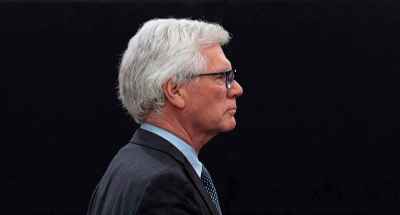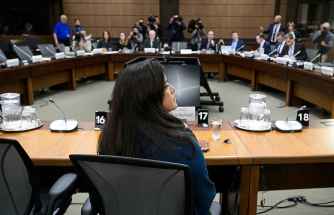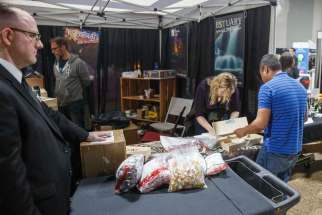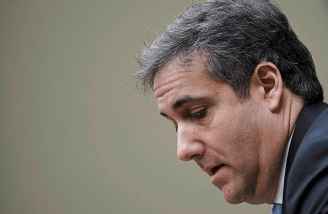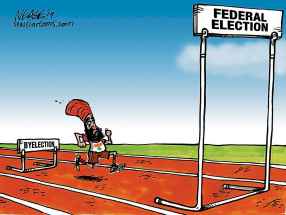Jim Carr pushes for renewed Ottawa-Manitoba-Winnipeg talks
Read this article for free:
or
Already have an account? Log in here »
To continue reading, please subscribe:
Monthly Digital Subscription
$0 for the first 4 weeks*
- Enjoy unlimited reading on winnipegfreepress.com
- Read the E-Edition, our digital replica newspaper
- Access News Break, our award-winning app
- Play interactive puzzles
*No charge for 4 weeks then price increases to the regular rate of $19.00 plus GST every four weeks. Offer available to new and qualified returning subscribers only. Cancel any time.
Monthly Digital Subscription
$4.75/week*
- Enjoy unlimited reading on winnipegfreepress.com
- Read the E-Edition, our digital replica newspaper
- Access News Break, our award-winning app
- Play interactive puzzles
*Billed as $19 plus GST every four weeks. Cancel any time.
To continue reading, please subscribe:
Add Free Press access to your Brandon Sun subscription for only an additional
$1 for the first 4 weeks*
*Your next subscription payment will increase by $1.00 and you will be charged $16.99 plus GST for four weeks. After four weeks, your payment will increase to $23.99 plus GST every four weeks.
Read unlimited articles for free today:
or
Already have an account? Log in here »
Hey there, time traveller!
This article was published 27/02/2019 (2480 days ago), so information in it may no longer be current.
OTTAWA — The federal Liberals’ Manitoba lieutenant is reconvening trilateral talks, in the hopes of diffusing mounting tension over the Pallister government’s delay in accessing various federal funds, which now amount to $1.9 billion.
“We’re looking forward to making progress,” International Trade Diversification Minister Jim Carr told the Free Press.
Carr admitted his plan to have regular talks between himself, provincial cabinet ministers and Winnipeg Mayor Brian Bowman had fallen by the wayside, with just one meeting held more than a year ago.

“We should have these quarterly, or at least three times a year, and be loyal to the dates,” he said Wednesday, adding his government “will do its part to be available when convenient for our partners.”
He was speaking a day after the Free Press revealed at least $1.6 billion in federal cash allocated for Manitoba over the next decade has sat untapped, often due to disagreements over cost sharing.
Toronto MP Adam Vaughan told a phone-in radio show Feb. 24 that Manitoba was “refusing to take federal dollars” through the Liberals’ national housing strategy due to a “clash of ideologies.”
Manitoba is eligible for $302.7 million through the housing strategy, according to a briefing note prepared for Families Minister Heather Stefanson shortly after she took on the role in August 2018, and obtained through a freedom of information request.
That brings the total amount of federal funding to $1.9 billion, spanning infrastructure, mental health, carbon retrofits and housing.
Carr said his office received Monday a response from Stefanson (who is also deputy premier) to a mid-February letter requesting a meeting, in which he proposed three dates.
In November 2017, Carr wrote to both Manitoba Premier Brian Pallister and Bowman, asking the three “to meet on a regular basis” to discuss “maximizing the opportunities available to Winnipeggers and Manitobans.”
At the time, Carr said the meetings were to help deal with untapped infrastructure dollars, and disagreements on everything from cannabis legalization to health-care transfers.
“A healthy tension can be a good thing. But constant bickering is not healthy,” he said at the time.
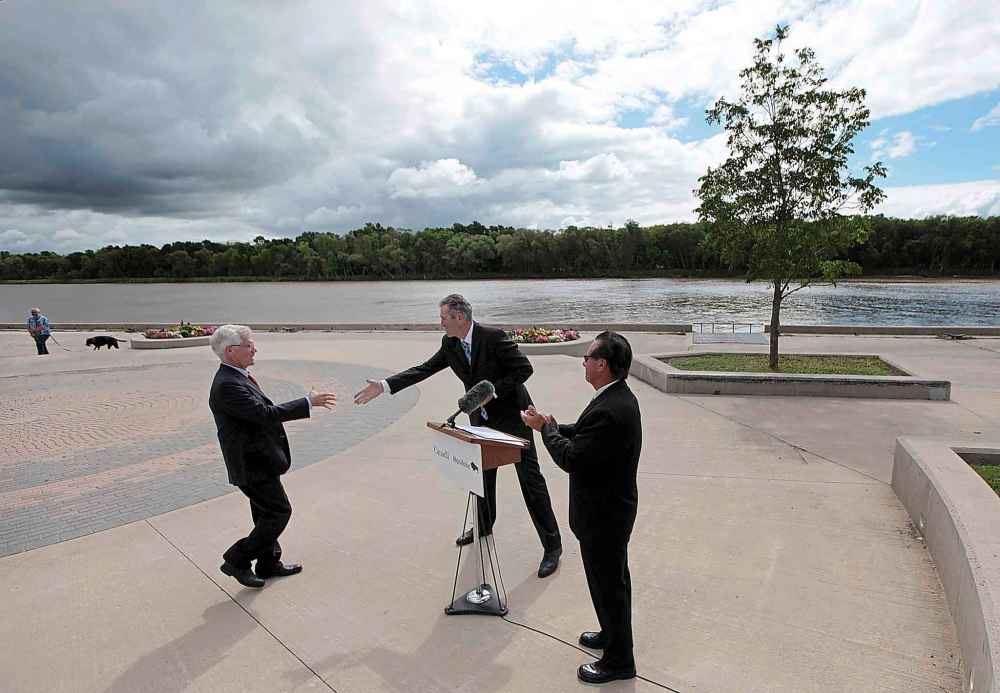
The only meeting that took place was Jan. 18, 2018, when Carr, Stefanson and Bowman discussed topics such as the North American free trade and methamphetamine abuse.
While the premier’s office has demanded Vaughan apologize for his recent comments, they seem to have provoked movement within the provincial government, with some departments reaching out this week over longstanding funding programs to prioritize projects.
While some of that funding is in limbo, most of it has been agreed upon through various interim agreements. Yet the federal Liberals are worried the money will flow so late they won’t have much for Winnipeg MPs to showcase ahead of the fall election. Last-minute applications might stall during the election period, when rules restrict how Ottawa issues funding.
Sources familiar with Manitoba’s infrastructure allocation say part of its delay surrounded a year-long standoff over how Ottawa funded the Lake St. Martin/Lake Manitoba flood channel outlets project.
In the initial bilateral proposal dated July 6, 2017, Manitoba’s green infrastructure allocation was just over $450 million, with almost $250 million of that going to the outlets project.
By the time the province signed the agreement on June 4, 2018, the channels outlet project had been funded through a separate disaster management allocation. The province retained its $450 million in green funding, after successfully pushing Ottawa to fund the outlets channel separately, instead of the project eating up most of its green infrastructure cash.
It’s unclear as to whether that year-long delay has continued to the province’s slow rollout of projects under the so-called Phase 2 funding.
Meanwhile, sources within various federal departments, who were not authorized to speak with media, described an exceptionally difficult process in signing major cost-sharing agreements with the Manitoba government over the past three years. The Pallister-led Tory party was elected to power in 2016.

While provinces tend to squabble over federal allocations, bureaucrats described slow responses from their Manitoba colleagues, and some departments sending staff who are of a lower rank than others at the table, and thus less knowledge of certain files.
All three levels of government struck a positive note about their looming trilateral meeting.
Multiple sources said Bowman was reluctant to hold trilateral meetings without Pallister himself attending; he declined that claim.
— with files from Alexandra Paul and Jessica Botelho-Urbanski
dylan.robertson@freepress.mb.ca




